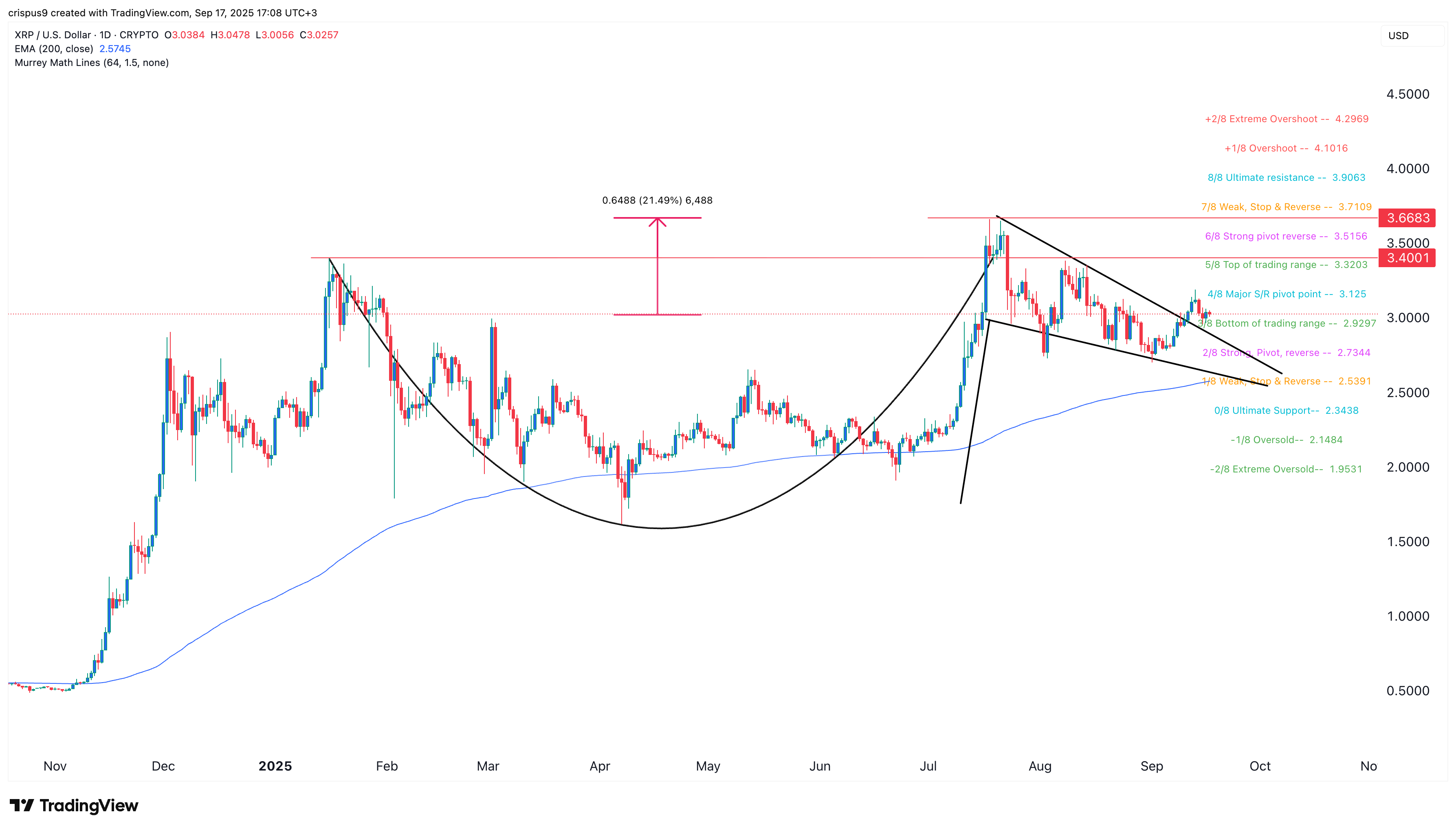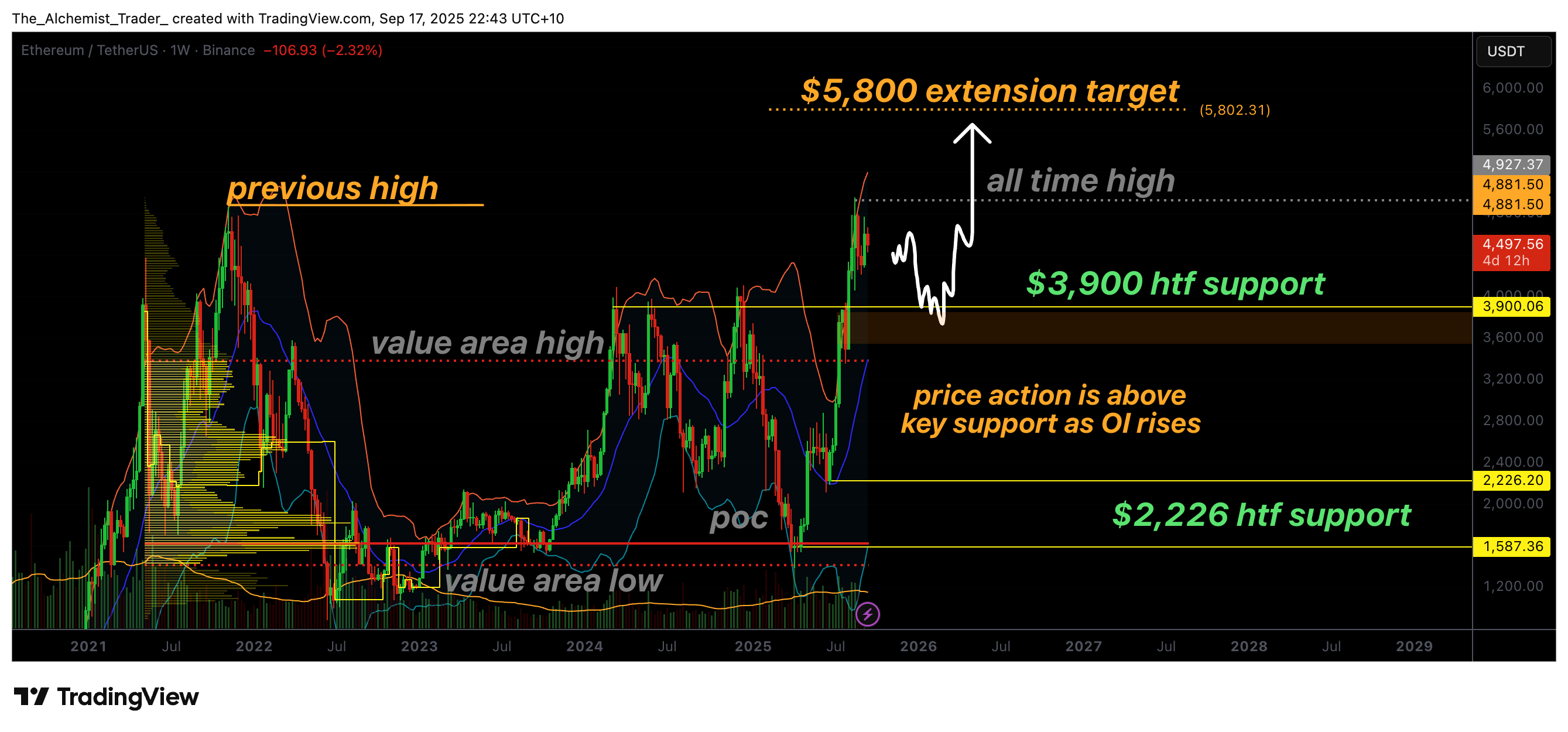Unichain could raise $468m a year for Uniswap Labs and UNI token holders: DeFi Report

Founder of DeFi Report, Michael Nadeau, concluded that Uniswap’s upcoming layer 2 solution, Unichain, could bring in more value for Uniswap Labs and its token holders.
In an Oct. 14 X post, Michael Nadeau, the founder of DeFi Report, stated that Uniswap Lab’s latest layer 2 solution, Unichain, could potentially earn them nearly $500 million a year from settlement fees that would otherwise be paid to the Ethereum network.
He explained that the protocol will no longer have to pay a settlement fee of $368 million to Ethereum(ETH) validators once they launch Unichain. Instead, the funds will go to Uniswap Labs and most likely UNI(UNI) token holders.
In addition to the settlement fees, Uniswap could potentially reap benefits from staking maximal extractable value, which is the maximum value miners or validators can get from rearranging and reordering transactions waiting to be added to the blockchain.
Because Uniswap owns all the validators on the Unichain network, Nadeau predicts the MEVs will no longer go to the pockets of Ethereum validators. Thus, adding an estimated $100 million to Uniswap’s yearly revenue, based on data from last year’s MEV percentage.
“MEV is estimated to be about 10% of total fees paid on Uniswap ($100m over the last year). They will have the option to share some of this with token holders as well,” Nadeau wrote in his post.
Nadeau also noted that last year Uniswap generated $1.3 billion from trading and settlement fees across five of it primary chains, Ethereum, Optimism, BNB Chain, Base, and Polygon. Unfortunately, none of the funds went to the protocol or its token holders.
With Unichain’s launch, Ethereum validators could lose a large chunk of the $368 million they would get from settlement fees paid by Uniswap. Not only that, ETH token holders could also be negatively impacted due to the protocol burning less ETH and the allocation of settlement fees going to UNI token holders instead.
“At the end of the day, Uniswap is simply integrating within the tech stack so that they can control more of the value they are creating through their interface and smart contracts,” said Nadeau.
In Sept. 2022, Ethereum co-founder, Vitalik Buterin criticized the idea of Uniswap creating a layer 2 blockchain. He stated that a Uniswap chain or rollup does not make sense to him because it contradicts with Uniswap’s selling point.
“Uniswap’s main value proposition is that you can just go and get a trade done in 30 seconds without thinking about it. A uniswap chain or even rollup makes no sense in that context,” said Buterin in an X post.
On Oct. 10, Uniswap Labs announced its plans to unveil a new open-source Ethereum-based layer-2 network called Unichain. In a press release shared with crypto.news, Uniswap Labs explained that the Optimism-powered project will address scalability challenges that have hindered Ethereum’s broader adoption.
At the time of writing, the layer 2 solution is available on a live private testnet and a public mainnet launch is scheduled for later this year.




